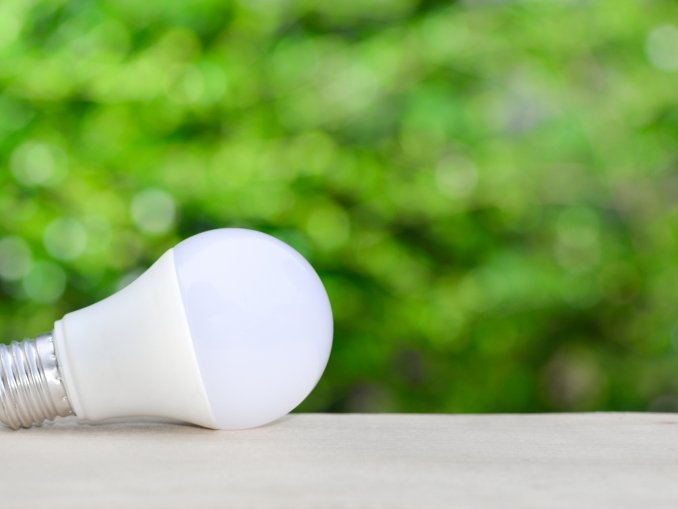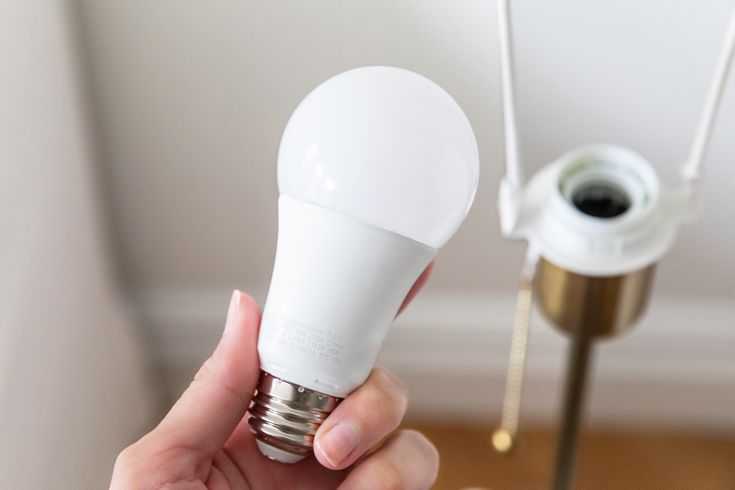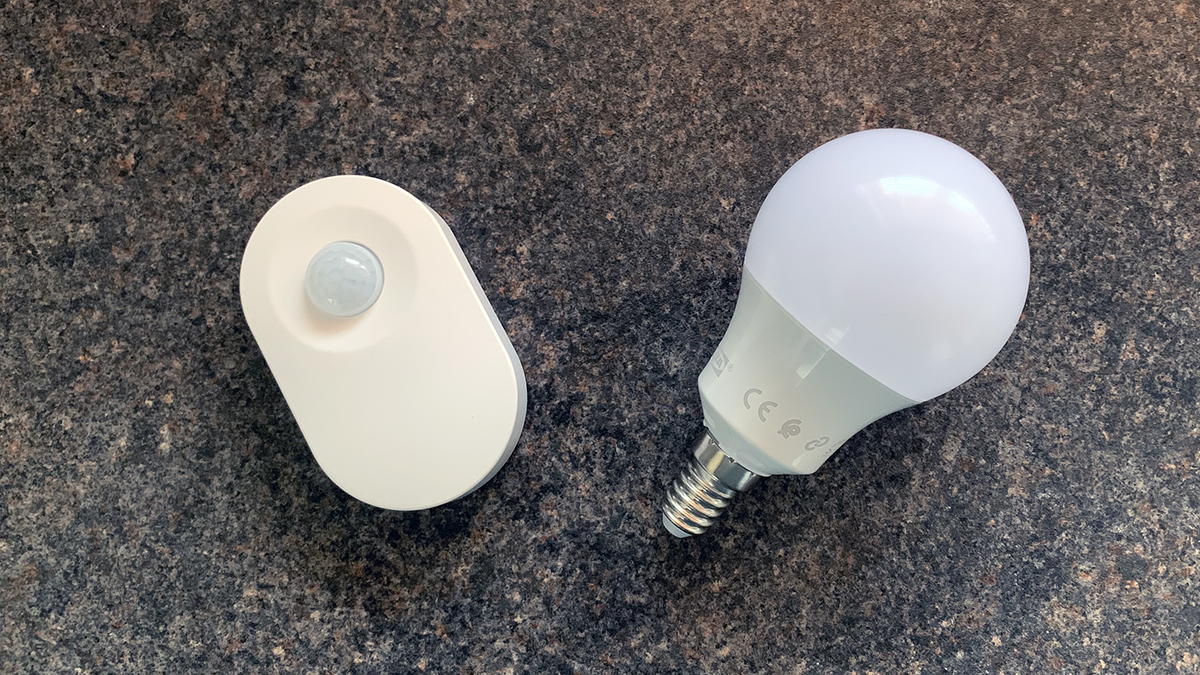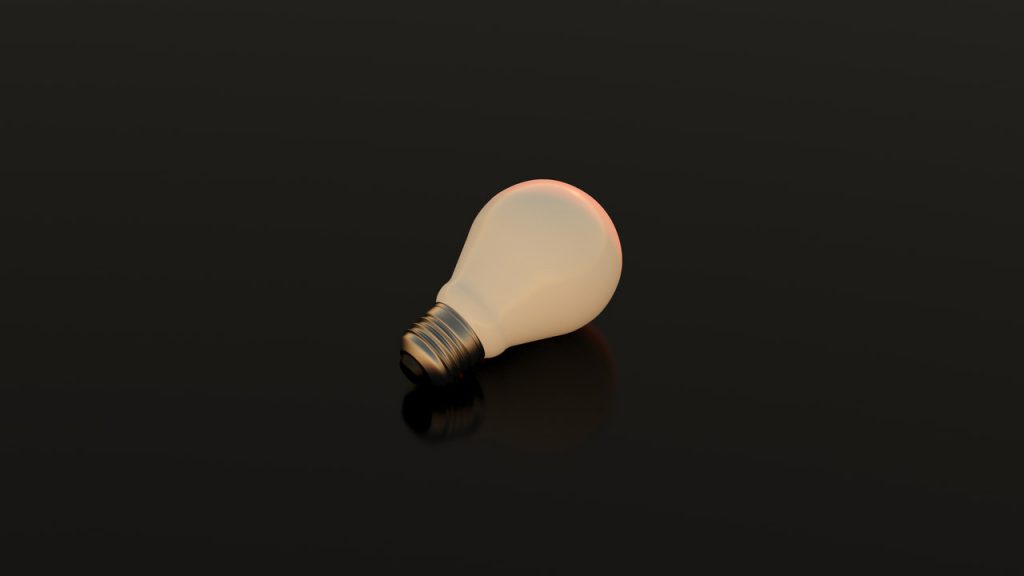When you go away from your home, do you ever have that nagging feeling that you've forgotten to do something? Check the oven? Lock the door? Turns out, one of the things you might need to worry about is whether or not you've turned off all the lights. But what if your lights could turn themselves off automatically? And will they consume electricity in such a case? That's the promise of smart bulbs.
Do smart bulbs use a lot of energy?
Smart bulbs consume a little amount of power even when the electricity is off, but it isn't anything you'll notice on your power bill. In most situations, it would be roughly a penny or two each month for each smart light bulb.

Some smart bulbs also have features like motion sensors that can detect when someone enters a room, and they'll turn on automatically. These features use a bit more power, but they can ultimately help you save energy by ensuring the lights are only on when you need them.
Moreover, energy consumption when the light is off can be prevented by unplugging the bulbs when they are not required. Thus, we see that even though smart bulbs use a little bit of electricity when off, it is not something that is significant enough to warrant concern.
What affects energy consumption?
The type of smart bulb you have, as well as how you use it, are the two main factors that affect how much energy your smart bulb uses. For example, LED bulbs generally use less power than other types of bulbs. So, if you're looking to save energy, LED smart bulbs are a good option.
Additionally, if you use features like motion sensors or automatic timers, your smart bulb will use more power than if you just leave it on all the time. However, these features can help you save energy in the long run by making sure the lights are only on when you need them.
Other aspects that affect energy consumption are the brightness of the light and the length of time it is on. In general, the brighter the light and the longer it is on, the more energy it will use.
So, if you're looking to save energy, you should consider getting LED smart bulbs and using features like motion sensors or automatic timers. By doing so, you can help reduce your energy consumption and save money in the long run.
Should I leave my smart light on?
When it comes to fire, smart lights are not a hazard. You may essentially leave them on whenever you want, even while on vacation, thanks to timed lights that will make it appear as if someone is home.
With that being said, there are a few things to consider: If your power goes out, smart lights may not come back on automatically. So if you're worried about a power outage, it's best to leave a light or two on in your home so you're not left in the dark.
Additionally, some people find that leaving their smart lights on all the time can be a security risk. If your home is broken into and the thief sees that your lights are off, they may think no one is home and target your home for burglary. So, while you can technically leave your smart light on 24/7 without any problems, there are a few things to consider before doing so.

Do light bulbs use electricity when turned off?
When plugged in and switched off, most lamps consume a tiny quantity of electricity. Almost all electrical elements operate in some manner of standby mode, draining small amounts of juice. That is due to the fact that they are constantly self-monitoring, waiting for a change in status. For light bulbs specifically, they need to be able to heat up quickly when turned on so they don't shatter.
When compared to fluorescent and incandescent light bulbs, LEDs consume far less energy. They use 75% less electricity than incandescent bulbs. The initial purchase cost of smart bulbs, on the other hand, can be between $50 and $100 per bulb. An incandescent bulb costs around $0.50, which is about 100 times cheaper. Smart LEDs will eventually pay for themselves, but it will take quite a while.
In general, how much electricity a light bulb uses depends on the type of bulb and how long it is on. For example, an incandescent light bulb uses more electricity than a LED light bulb. However, an LED light bulb will use more electricity if it is left on for a longer period of time.
So, if you're looking to save money on your power bill, you should consider using LED bulbs and turning them off when you don't need them. By doing so, you can help reduce your energy consumption and save money in the long run.
Most smart bulbs generate 7 to 9.5 Watts of light, which is the same as a 60-watt incandescent bulb. This means you'll get roughly the same amount of light from a 7-watt smart bulb as you would from a 60-watt incandescent.
Is switching off the wall the same as unplugging?
The problem is that an empty plug socket isn't using any electricity, because the current won't flow unless there's a plug completing the circuit and a device switched on. So you don't have to try turning every socket to the off position, even when it's in an empty room.
While it's true that unplugging devices will save you a few cents on your power bill, it's not going to make a huge difference. If you're really looking to save money, you should focus on larger appliances such as your refrigerator and air conditioner. Additionally, you can also invest in energy-efficient light bulbs and appliances.
So, while unplugging devices won't save you a ton of money, it is still a good idea to do so if you're not using them. This way, you can help reduce your energy consumption and save money in the long run.

What happens when you turn off the light?
When you turn off the light, the current stops flowing and the bulb cools down. The filament in the bulb is no longer heated by the electric current, so it starts to cool down. As the filament cools, it becomes less able to conduct electricity.
Eventually, the filament will cool down enough that it won't be able to conduct electricity at all. At this point, the light bulb is turned off and uses no electricity. At the same time, the plug socket is also turned off and uses no electricity.
So, when you turn off the light, the bulb and the socket both stop using electricity. However, the bulb will use a tiny amount of electricity if it is left on for a long period of time.
What appliances use the most electricity when turned off?
Sometimes it is interesting to know that some devices which appear to be off are, in fact, not. Many devices have a standby mode where they continue to use electricity even when turned “off.” The amount of electricity used in standby mode can vary by appliance. For example, a desktop computer uses more power in standby mode than a laptop. A plasma TV uses more power than an LCD TV.
Phones are usually some of those devices that use very little power in standby mode, If you're looking for devices that use a lot of electricity when turned off, look no further than your home appliances.
Home appliances such as your fridge, freezer, and oven use a lot of electricity to keep food cold or frozen. Additionally, your water heater uses a lot of electricity to keep water hot. Also, that`s because they have to work harder to overcome the heat that is already in the food or water. Besides, you can save money on your power bill by unplugging these appliances when you're not using them.
While it's true that unplugging devices will save you a few cents on your power bill, it's not going to make a huge difference. If you're really looking to save money, you should focus on larger appliances such as your refrigerator and air conditioner. Additionally, you can also invest in energy-efficient light bulbs and appliances.
So, while unplugging devices won't save you a ton of money, it is still a good idea to do so if you're not using them. This way, you can help reduce your energy consumption and save money in the long run.

What can I turn off at night to save electricity?
When you use smart bulbs, you can turn off the power at night to save electricity. Maybe that is your fridge or your TV. But do smart bulbs use electricity when they are off?
So, when you go to sleep and turn off your light, your power at night usage is $0.00. Your monthly usage is also $0.00. But if you have a 60-watt smart bulb and it uses .5 watts per hour, that’s $0.36 per month. So even when they are off, smart bulbs use a tiny bit of electricity.
First, you should turn off computers and TVs when you’re not using them. They use about 30 watts per hour when they’re on, but only 2 watts per hour when they’re off. That’s a saving of 28 watts per hour or $0.21 per month.
Second, unplug your chargers when you’re not using them. They use about 1 watt per hour even when they’re not charging anything. So if you have four devices that need to be charged, that’s an extra 4 watts per hour or $0.03 per month.
Third, your game consoles use about 6 watts per hour when they’re on, but only 2 watts per hour when they’re off. So if you have a PlayStation 4 and an Xbox One, that’s an extra 8 watts per hour or $0.06 per month.
Finally, your DVR uses about 12 watts per hour when it’s on, but only 3 watts per hour when it’s off. So if you have a cable box and a DVR, that’s an extra 15 watts per hour or $0.11 per month.
Add all of these up and you get $0.36 + $0.21 + $0.03 + $0.06 + $0.
Final verdict
So, do smart bulbs use electricity when off? While they use a tiny bit of electricity when turned off, it is still cheaper than leaving on a traditional light bulb. Additionally, you can save even more money by unplugging appliances and devices when you're not using them. So, if you're looking to save money on your power bill, focus on larger appliances and devices such as your fridge, air conditioner, and TV. Also, consider investing in energy-efficient light bulbs and appliances.